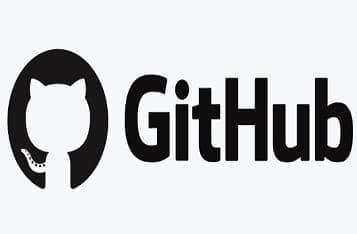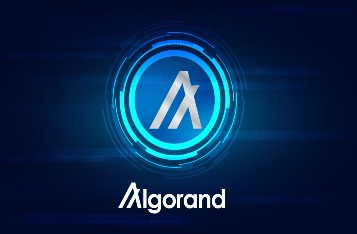Transforming Biomedicine and Health: The Rising Influence of ChatGPT and LLMs
The paper discusses ChatGPT's potential in biomedical information retrieval, question answering, and medical text summarization, but also highlights limitations, privacy concerns, and the need for comprehensive evaluations.
How is the landscape of biomedicine and health being reshaped by ChatGPT and other large language models (LLMs)? Recently, a paper titled "Opportunities and challenges for ChatGPT and large language models in biomedicine and health" delves into the multifaceted role of large language models (LLMs) like ChatGPT in the biomedicine and health sectors, highlighting their significant contributions as well as the challenges and limitations they face.
In the realm of biomedicine and health, LLMs are revolutionizing several key areas. They are instrumental in biomedical information retrieval, aiding in literature search, question answering, and article recommendation – all crucial for informed clinical decision-making and knowledge acquisition. Another significant application is in question answering systems, where these models support clinical decisions and contribute to medical education. The ability of LLMs to summarize medical texts is also noteworthy, as it helps in condensing extensive medical information into more manageable and comprehensible summaries. Information extraction is another area where these models excel, organizing unstructured biomedical text data into structured formats. Lastly, the use of LLMs in medical education marks a burgeoning area of research and development, opening new avenues for learning and training.
However, the deployment of LLMs in these high-stakes areas is not without its challenges. One major concern is the limitations of these models, particularly when applied in critical fields like biomedicine and health. Issues of fairness and bias are also prominent, as LLMs can inadvertently perpetuate biases present in their training data, which could lead to inequalities in healthcare. Privacy concerns are another significant challenge, given the sensitive nature of patient data and the potential for privacy breaches. The legal and ethical implications of using LLMs in medicine and healthcare are also subjects of ongoing debate, underscoring the need for a robust legal framework to ensure safe and accountable application of these technologies. Lastly, the document points out the difficulty in comprehensively evaluating these models, especially considering the labor-intensive and costly nature of expert evaluations required for tasks like question answering and text summarization.
In conclusion, while LLMs like ChatGPT have made remarkable strides in the field of biomedicine and health, surpassing previous methods in text generation and showing potential to revolutionize various aspects of the field, their application is accompanied by significant risks and challenges. These include fabricated information, legal and privacy concerns, and the need for exhaustive evaluations to guarantee their safety and effectiveness in sensitive domains like healthcare.
Image source: Shutterstock

.jpg)
